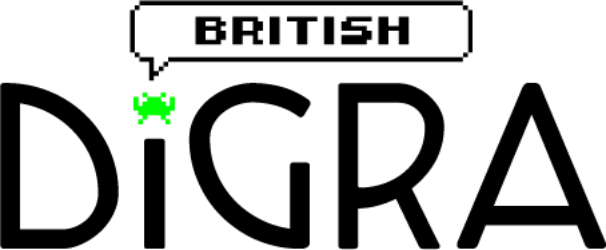Call For Papers
The School of Media, Communication and Sociology and LIAS at the University of Leicester, funded by Enurture, and in partnership with The Diana Award, Staffordshire University Digital Institute London, ESL UK and Esports Insider will host a two-day symposium – GAMESYM – on the 14th and 15th of May 2020 at the Digital Institute in London.
This two-day event is aimed at showcasing research and promoting discussion which explores how digital environments, specifically live-streaming video games and esports, are changing the nature of the risks that children and young people face in their everyday digital lives.
The symposium, which brings together leading academic researchers, young gamers, specialised practitioners, and industry leaders, invites research papers from a range of disciplines such as sociology, education, media and communication, internet studies, feminist theory, human geography, psychology. While all papers should concern gaming, streaming, esports, and young people, topics of interest will include, but will not be limited to:
• How gaming, livestreaming and esports supports or hinders children and young people in the fabric of their daily life;
• Young people’s experiences of intimacy, belonging, exclusion, or hate in online gaming spaces;
• The mental health risks, challenges, or opportunities involved with gaming, live-streaming and esports;
• How live-streaming and esports create or shape employment opportunities for young people;
• Public discourses concerning young people, gaming, live-streaming and/or esports;
• Industry perspectives on young gamers and streamers (such as talent exploitation, ethical practice, pathways to employment, etc.). These submissions will form the basis of industry round-table sessions to be held across the symposium.
Call for papers has been extended until 21st of February. Abstracts of 200 words should be sent to gamesym2019@gmail.com. Successful applicants will be notified by email by March 6th 2020.
Keynote Speakers:
Professor Sonia Livingstone is Professor of Social Psychology in the Department of Media and Communications at the London School of Economics (LSE). She has a particular interest in the opportunities and risks of digital media use in the everyday lives of children and young people. Sonia has advised the UK government, European Commission, European Parliament, Council of Europe and other national and international organisations on children’s rights, risks and safety in the digital age. Sonia is currently leading the project Global Kids Online (with UNICEF Office of Research-Innocenti and EU Kids Online), and Children’s Data and Privacy Online (funded by the Information Commissioner’s Office) and co-directing The Nurture Network.
Dr Emma Witkowski is a Senior Lecturer in the School of Design and the co-director of the Playable Media Lab at RMIT University, in Melbourne, Australia. Emma’s research explores esports cultures as networked media sports, networked careers in digital games, research methods for networked play, livestreaming & LAN tournaments from grassroots to mega-LANs, and high performance networked team practices.



